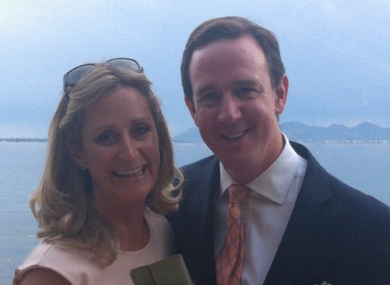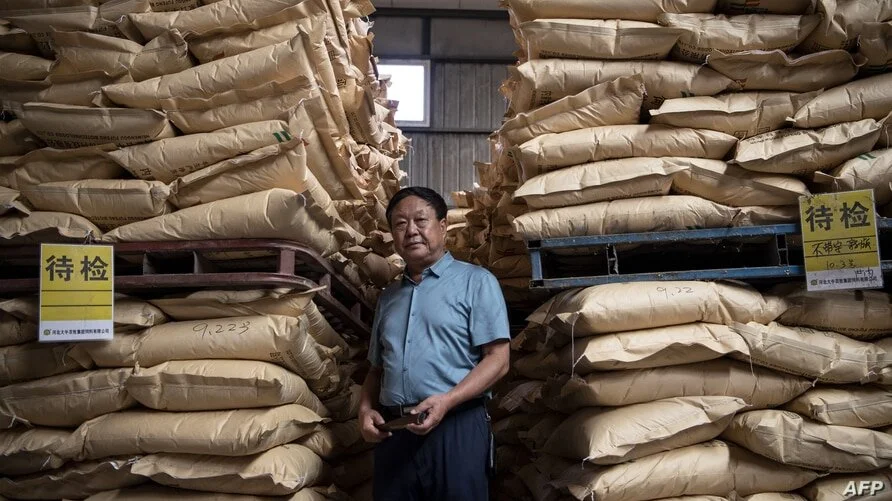By Jerome A. Cohen
Here is an important report summarizing the many efforts being made by Beijing and its Hong Kong minions to press Paul Harris into resigning from his new post as chairman of the Hong Kong Bar Association. This is only part of the broader campaign to try to neuter the Bar Association. If that proves successful, it will limit the capacity of independent courts to fulfill their duties. Judges need the help of good litigating lawyers in all controversies.
I don’t know Mr. Harris, but by all accounts, he is a very able lawyer, a dedicated law reformer, and a vigorous proponent of human rights. Beijing and the Hong Kong government see him as a force to be crushed, especially after he began his tenure as Bar chairman by suggesting that certain provisions of the new National Security Law for Hong Kong be amended in order to make them consistent with Hong Kong’s constitutional values, the Basic Law, and the International Covenant on Civil and Political Rights that the Basic Law makes applicable to Hong Kong.
Harris, as the article points out, has the confidence of most members of the Bar Association. No one ran against him in the chairmanship election. One has to ask, however, why once again is the Bar chair not a local ethnic Chinese, as so often was the case in earlier years? Is it because the Bar is already feeling intimidated by Beijing’s political pressures and abilities to restrict the professional prospects and even the personal freedom of even the ablest barristers in the city? We should note that the great legal light Martin Lee and Margaret Ng, another able lawyer and liberal political leader, stood trial today on charges of organizing and participating in unauthorized assembly. Both pleaded not guilty, and the trial has been adjourned until next month. At least they, unlike Jimmy Lai, are out on bail.






